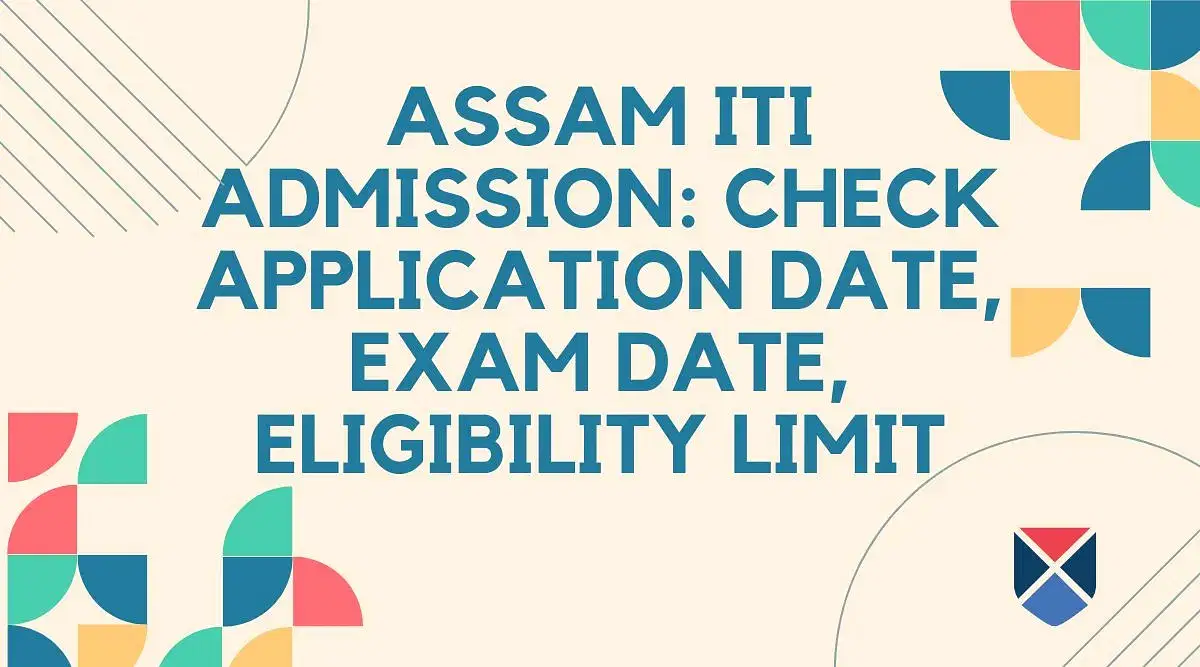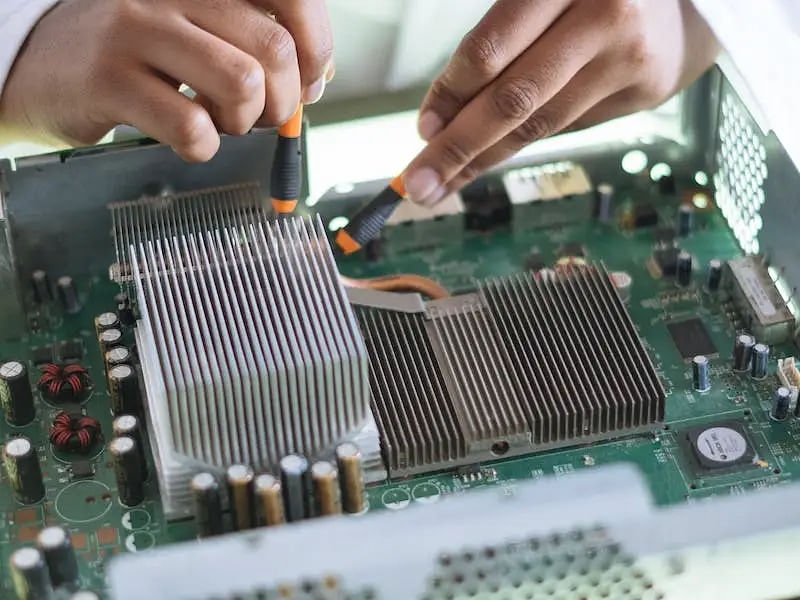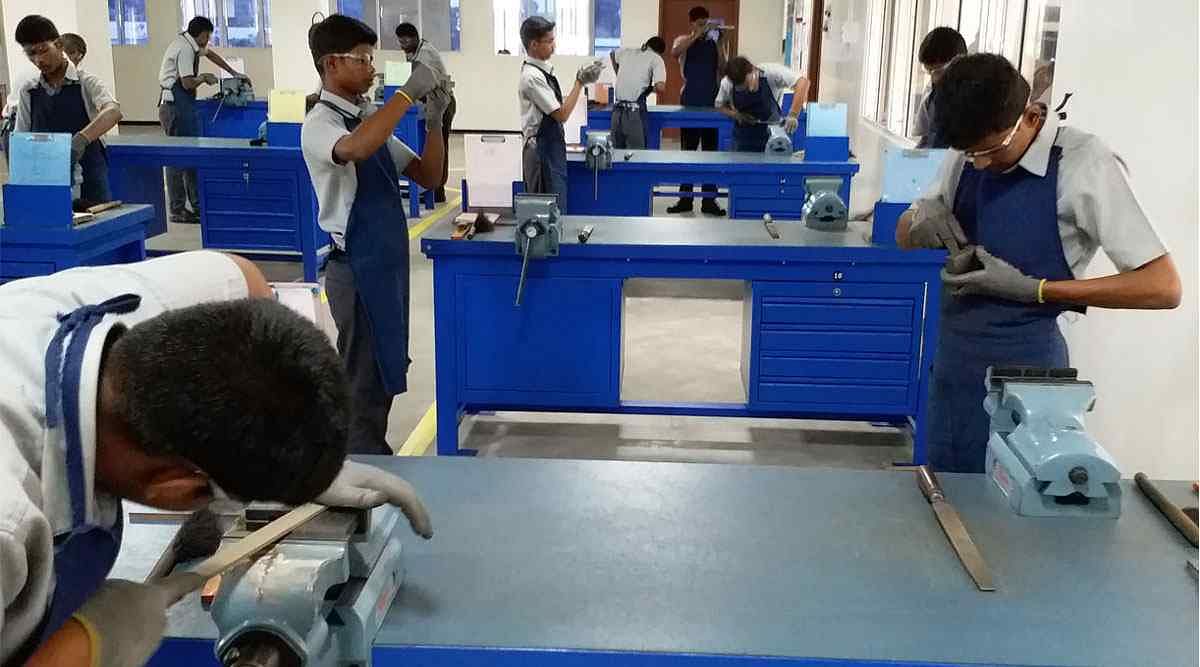Why pursue photography courses after 10th? This article will provide all the reasons for pursuing a profitable career in photography, along with the eligibility criteria, top colleges, and skills required.
Table of Contents
- Top Photography Courses After 10th
- Why Pursue Photography Courses After 10th?
- Eligibility Criteria for Photography Courses After 10th
- Photography Courses After 10th: Course Structure
- Top Colleges offering Photography Courses After 10th
- Skills Required for Photography Courses After 10th
- Photography Courses After 10th Careers and Scope
- Photography Courses After 10th Salaries
Suppose someone is captivated by the world of images and wishes to document what they see. In that case, they may turn their passion for photography into a lucrative career by pursuing photography courses after 10th. However, photography is a non-academic job that takes commitment and patience.
Top Photography Courses After 10th
Below is a list of prominent courses and universities where one might study to become a well-known and accomplished photographer. These academic credentials would assist the individual in acquiring the necessary abilities and give them enough exposure.
To know more about photography courses after the 10th as well as their course, eligibility, duration, and institutes, refer to the table below:
|
Course |
Duration |
|
1-2 years/ part-time |
|
|
ITI Digital Photography |
1 year |
|
BFA Photography |
3-5 years |
|
Bachelor of Fine Arts Applied Arts |
4 years |
|
Bachelor of Film and Television Production Cinematography |
3 years |
|
BSc in Photography |
3 years |
|
BA in Still Photography |
3 years |
|
Bachelor of Film and Television Production Cinematography |
3 years |
|
BA (Hons) Photojournalism |
3 years |
|
B.A. (Hons.) (Commercial Photography) |
3-4 years |
|
Certificate courses |
1 month to 1 year (varies from course to course) |
Why Pursue Photography Courses After 10th?
Photography is a vocational subject that emphasizes theory while providing hands-on experience. To flourish in photography, individuals must put in many hours of practice. A candidate who has completed their 10th Board examination is qualified for photography courses after the 10th, often a one-year study in which applicants gain a theoretical understanding of photography fundamentals and practical instruction to enhance their photographic talents.
A Photographer is a highly skilled professional who takes photographs with a camera. A variety of tools may be employed to improve their photographic abilities. Some of the common responsibilities of a photographer include the following:
- Putting together photography equipment
- Selecting and establishing potential sites for their photography
- Taking photographs
- Marketing the company, particularly if the student is an independent photographer
- Image editing and retouching
- Photographs that are reproduced and framed
- Doing research and creating contacts
| Photography Courses after 12th | Career as a Photographer |
Eligibility Criteria for Photography Courses After 10th
For the photography courses mentioned in this article, students should have completed their 10th from a recognised school or educational institute. However, some institutes have entrance examinations for admission to their photography courses. Students must check that they fulfill the eligibility criteria for the institute's course in which they are interested.
Some of the common entrance examinations for photography courses after 10th include:
- Delhi School of Photography Entrance Exam
- Andhra University - AU Entrance Exam
- Creative Hut Institute of Photography and Film Entrance Exam
Photography Courses After 10th: Course Structure
The complete one-year course has been broken into three sections. The curriculum has been designed to provide candidates with the necessary knowledge and abilities in photography.
A glimpse of the photography curriculum is provided in the table below:
|
Part I |
Part II |
Part III |
|---|---|---|
| Theory | Digital Imaging |
Depth of Field Exercises (Practical)
|
| History of Photography: early experiments and later developments | Sensors |
Photographing a subject with different lenses
|
| Films cameras & Processing | Lightroom, Photoshop |
Preparing full and ¼ portraits under different lighting conditions
|
| Photographic optics: a) Light? character, | Photo Tools |
Photograph, use of bounce and reflected lights
|
| Cameras? old and new: a) Different parts of a camera | Photo Corrections |
Group photos and arrangements
|
| Types of Lenses? wide, zoom, tele, macro, fisheye | Portrait Photography? basic lighting systems |
Use of Colour Filters-Lighting and Effects
|
| Aperture: Functions | Studio lighting? 1/2/3 lights? soft-boxes, snoot, barn doors |
Selection of Shots
|
| Shutters: Functions | Photographing headshots, ¼, ½, ¾ |
Colour Filters –Different Kinds
|
| Focusing: Spot, Matrix | Wildlife, fashion, and photojournalism |
Photographic light sources? Natural and artificial.
|
| International Standard Organization (ISO) | Photographing in available light |
Composition? rules of composition
|
| Exposures? exposure meter? Functions. | Close-up: Accessories and techniques | Flash |
Top Colleges offering Photography Courses After 10th
Students can refer to the table below to learn about the various institutes providing popular courses after 10th.
|
Course |
Institutes |
| Diploma in Photography | |
| ITI Digital Photography |
Mahadev Private Industrial Training Institute
Government Industrial Training Institute, Pune Advanced Training Institute, Kolkata Advanced Training Institute, Ludhiana |
| Certificate courses | AAFT Pixel Institute of Photography Le Mark School of Art |
| BFA Photography | |
| Bachelor of Fine Arts Applied Arts | |
| Bachelor of Film and Television Production Cinematography | KIIT University |
| BSc in Photography | |
| BA in Still Photography | |
| Bachelor of Film and Television Production Cinematography | |
| BA (Hons) Photojournalism |
Delhi College of Photography
|
| B.A. (Hons.) (Commercial Photography) |
Read More: Top Photography Colleges in India
Skills Required for Photography Courses After 10th
To be a competent professional photographer, one must properly understand photography techniques and intricacies. Also, the individual must be imaginative and have an eye for excellence.
Some of the important skills required for photography courses after 10th are enumerated in the list below
- Creativity
- Aesthetic sense
- Artistic flair
- Concentration and patience
- Great powers of observation and a keen eye for detail
- Eye for details
- Ability to learn fast in a dynamically-evolving environment
- A marked appreciation for the knowledge of photography's evolution
- Ability to work in a team
- Communication skills
Photography Courses After 10th Careers and Scope
Photography courses are extremely popular among students who wish to pursue a profession derived from their passion. Knowing more about the different photography segments can help them choose one that best fits their tastes and skills.
Wedding Photography
Wedding photography as a career in India is growing rapidly, with an annual growth rate of 20-25%. Some more facts that make wedding photography a lucrative career option are listed below:
- Wedding photography will be worth $25-30 billion in the coming years.
- While a wedding photographer's income in India ranges from INR 7,500 to INR 1,75,000, independent/freelance photographers can earn more.
- As of today, there are around 10,000-15,000 wedding photographers in India who charge between INR 50,000 and INR 7 lakh each day.
- Some popular Free Online Photography Courses With Certificates include wedding photography courses. Some certificate courses are intended to teach fundamental camera skills and wedding photography concepts.
Fashion Photography
Fashion photographers focus on documenting clothes and personal appearances in the fashion sector through their photography skills. Pictures are used in print and electronic media to advertise the latest celebrities, designs, and specific labels. Most fashion photography is for advertisements in leading fashion publications such as Harper's Bazaar, Vogue, or Elle.
Based on their expertise and skills, they can earn anywhere between Rs.6 and 12 lakhs each year. Portrait photography is a component of fashion photography since it entails taking close-up photos of subjects such as models, pets, and newborns. A portrait photographer should have strong spontaneous prop abilities, where they must develop a theme for each frame. Since most portrait photography is done indoors, portrait photographers should be well-versed in lighting.
Fine Arts Photography
The desire for high-quality photographs drives a boom in fine art photography worldwide, particularly in Asian countries. Fine art photographers are paid between $10,000 to $200,000 in several Asian nations, including Taiwan and Shanghai. The most frequently pursued fine-arts photography courses are BFA photography and MFA photography. These courses are offered as degree programmes as well as photography certificate programmes.
Photojournalism
Photojournalism is a collaboration of photography and journalism disciplines. It teaches people how to tell stories with images. Instead of journalists who employ pen and paper, photojournalists use their cameras to visualize a narrative. Thus, they speak the truth with fewer words and more pictures.
Because the rise of digital media has coincided with the declining popularity of print media, particularly newspapers, photojournalists are losing print career prospects while gaining them online.
Product Photography
Product photography has increased as eCommerce and internet commerce have increased in prominence. The current trend to shoot commercial videography for advertising has slowed the product photography business; nonetheless, product photographers with video editing abilities remain in great demand. Product photography abilities need a high level of creativity to accurately depict items on the internet.
Photography Courses After 10th Salaries
Photography necessitates particular abilities in addition to the requisite qualifications. After acquiring the relevant skills and training, photographers can apply for many jobs and professions that match their talents. The many roles that photographers can play are outlined below. Photography salaries in India are enticing enough to lure many prospective students who wish to make a career in photography.
To know more about photography courses after 10th salaries, refer to the table below:
|
Type |
Median Salary (INR) |
| Fashion Photographer | 1,48,000 – 10,00,000 |
| Event Photographer |
1,00,000 – 3,00,000 per event
|
| Photojournalist | 3,09,000 – 5,20,000 |
| Sports Photographer | 2,00,000 – 8,00,000 |
| Product Photographer | 4,58,000 – 9,80,000 |
| Wildlife photographer | 1,60,000 – 9,00,000 |
Photographers are in high demand in this age of "media explosion." After finishing their photography courses after the 10th, students may be given several options. They may work as digital media photojournalists, print media photojournalists, fashion photographers for magazines, video photographers for digital media, wildlife photographers, etc.
They might also work as independent photographers while freelancing for multiple clients. Initially, a photographer may make anywhere from INR 3 lakh per year, but as experience grows, so does their income.























POST YOUR COMMENT